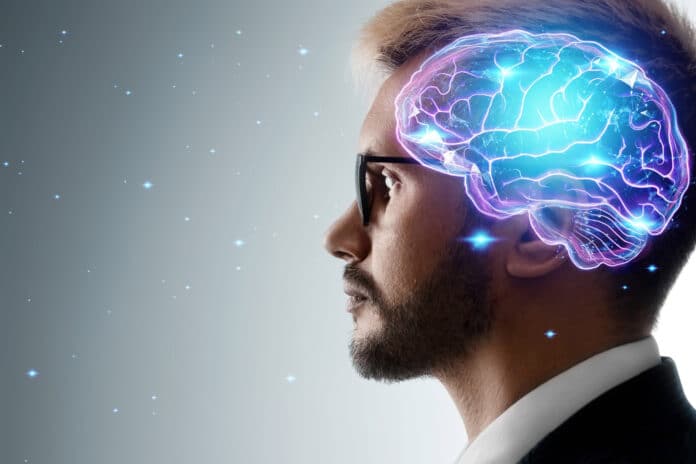Introducing groundbreaking research from the University of Arizona, a recent study has established a direct connection between brain waves and memory. This cutting-edge investigation delves into the complexities of how our brains encode, retain, and retrieve memories through the remarkable analysis of neural activity. This study opens the door to revolutionary advancements in neuroscience and cognitive understanding by unraveling the intricate relationship between brain waves and memory processes.
This research’s implications are far-reaching and promise to enhance memory-related therapies, learning techniques, and overall cognitive health.
The University of Arizona researchers have made a groundbreaking discovery in neuroscience. They found that memories alone can trigger rhythmic patterns of electrical activity in the brain, known as theta oscillations, even more than when the actual events are experienced.
These oscillations, which play a vital role in memory processes, were previously thought to be primarily driven by the external environment. However, the study led by Professor Arne Ekstrom reveals that memory-generated signals are the main drivers of theta activity in the brain’s hippocampus region. The findings, published in Neuron, shed new light on the complex workings of memory and brain function.
Lead study author Sarah Seger, a graduate student in the Department of Neuroscience, said, “Surprisingly, we found that theta oscillations in humans are more prevalent when someone is just remembering things, compared to experiencing events directly.”
The study’s implications could revolutionize treatment for brain damage and cognitive impairments like seizures, stroke, and Parkinson’s disease. Professor Arne Ekstrom from the University of Arizona suggests that using memory to create brain stimulations may drive theta oscillations and potentially improve memory in the long term.
The collaboration with researchers from the University of Texas Southwestern Medical Center involved 13 patients undergoing epilepsy surgery preparations, where electrodes were implanted in their brains to detect seizures. The researchers gained valuable insights into the brain’s memory processes by recording theta oscillations in the hippocampus.
In a virtual reality experiment, patients navigated a virtual city using a joystick and mentally recalled the route. The study found that theta oscillations were less frequent and shorter during actual navigation than when participants imagined the route. This discovery led researchers to conclude that memory significantly drives theta oscillations in the human brain.
According to Professor Arne Ekstrom, cognitive training and rehabilitation can serve as a compensatory measures for impaired cognitive function. Helping patients with memory impairments improve their memory offers potential benefits.
In future research, Ekstrom aims to explore the differences in brain oscillations between freely walking patients and those confined to beds and how freely navigating impacts memory. Dr. Seger emphasized that comparing oscillations during the original experience and later retrieval is a significant advancement in understanding memory’s neural basis and designing new experiments.
Journal Reference:
- Sarah E. Seger, Jennifer L.S. Kriegel et al., Memory-related processing is the primary driver of human hippocampal theta oscillations.Neuron.DOI:10.1016/j.neuron.2023.06.015.
